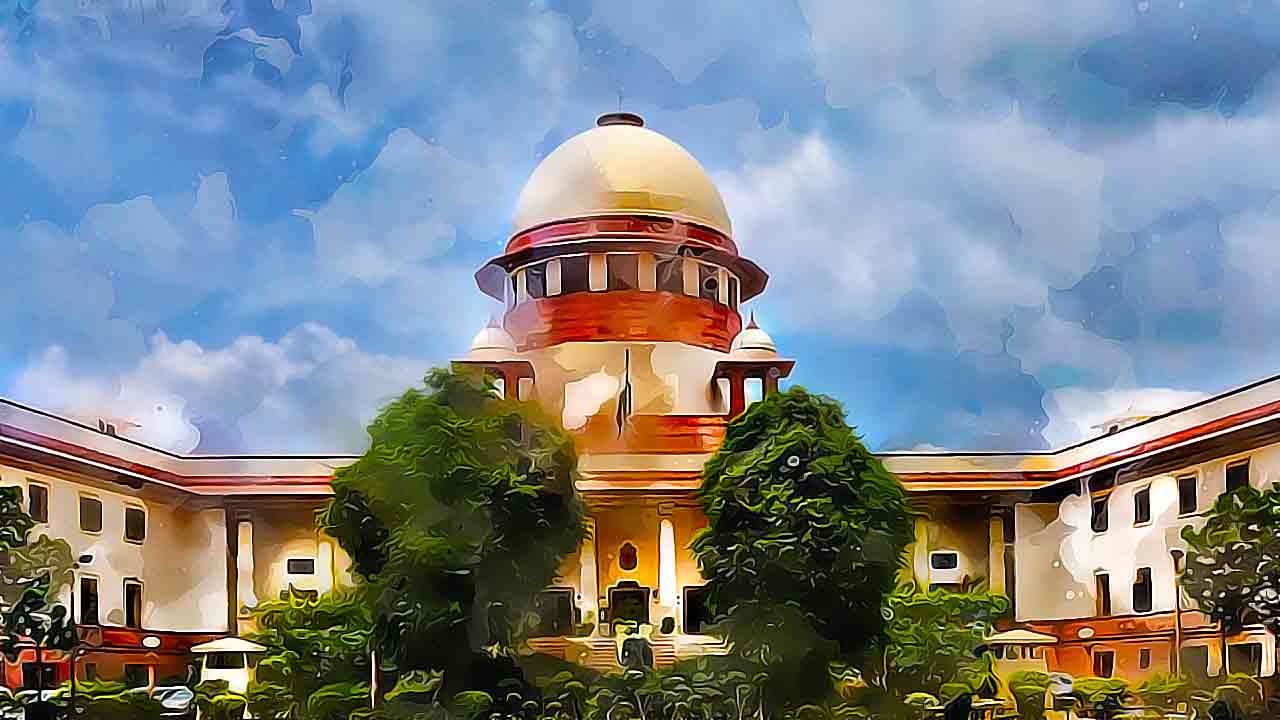The importance of evidence in a criminal trial cannot be negated. Evidence is crucial towards to proper adjudication and justice redressal.

Facts
The Supreme Court had taken suo-moto cognizance of the inadequacies in the criminal adjudication system in the country. The Court wanted to address the deficiencies in the criminal trial system of the country. For the same, the court-appointed two amicus curie and brought about the suggestion of involving a Magistrate in the investigation process in a supervisory role. The Court suggested the formulation of a separate and independent cadre of Magistrates for the same. They would function in the ambit of monitoring the evidence collection process.
Contentions
The Senior Advocate R Basant who was one of the two amicus curiae in the case opined that “Sakiri Vasu’s decision has been criticized a lot. The Magistrate is to give a free hand to the investigation until the final report.” The second amicus curie Senior Advocate Sidharth Luthra drew inference on the same judgement while quoting that, “The Sakiri Vasu decision says Magistrate has the power to monitor investigation under Section 156(3) CrPC” Advocate Luthra expressed reservations about the same when pointing about the problematics aspect of bestowing the Magistrate with investigatory powers and how it could interfere with adjudication.
Court Order
The Court remarked that
“There are police investigations, in which the investigating team goes to the scene of the crime, and forgets to pick up crucial evidence. If a Magistrate is associated with the investigation, there will be a greater sense of responsibility for the police.”
The three-judge bench comprising of Chief Justice S A Bobde, Justices L Nageswara Rao and S Ravindra Bhat clarified that the Magistrate involved in the investigation and the hearing won’t be the same, “It will not be the Magistrate who will hear and judge. We will not do something absurd like that.” The Court further stated “There are some serious cases, where police fail to collect crucial evidence. We need to think of a system…may be a different independent cadre.” The Court finally stated this issue would be dealt with in another suo-moto case. A notice on the same would also be issued to the States. The Court reserved its judgement on the ‘Draft Criminal Rules of Practice’ that was prepared by the amicus curie. The Court also stated that the rules that were adopted by High Courts for criminal adjudication would also be looked into.
IN RE: TO ISSUE CERTAIN GUIDELINES REGARDING INADEQUACIES AND DEFICIENCIES IN CRIMINAL TRIALS
Libertatem.in is now on Telegram. Follow us for regular legal updates and judgement from the court. Follow us on Google News, Instagram, LinkedIn, Facebook & Twitter. You can also contribute blog, articles, story tip, judgment and many more and help us spread awareness for a better society. Submit Your Post Now.

